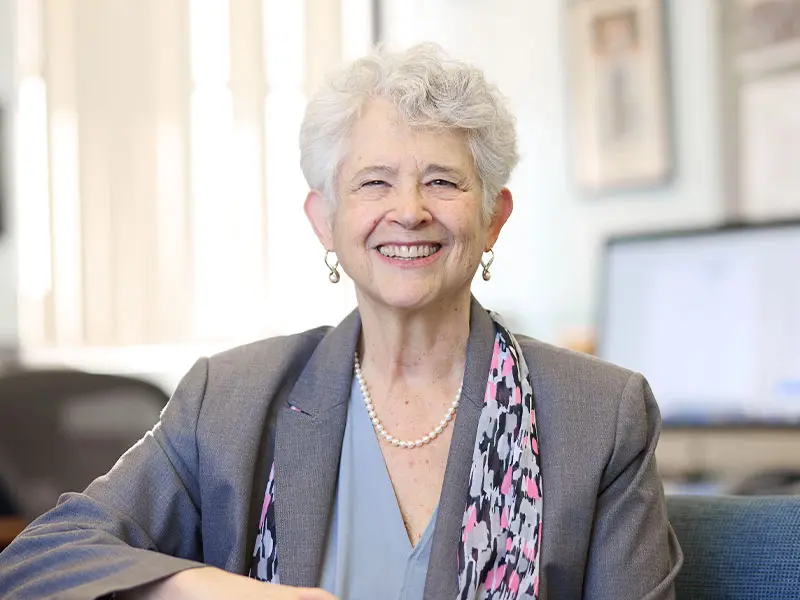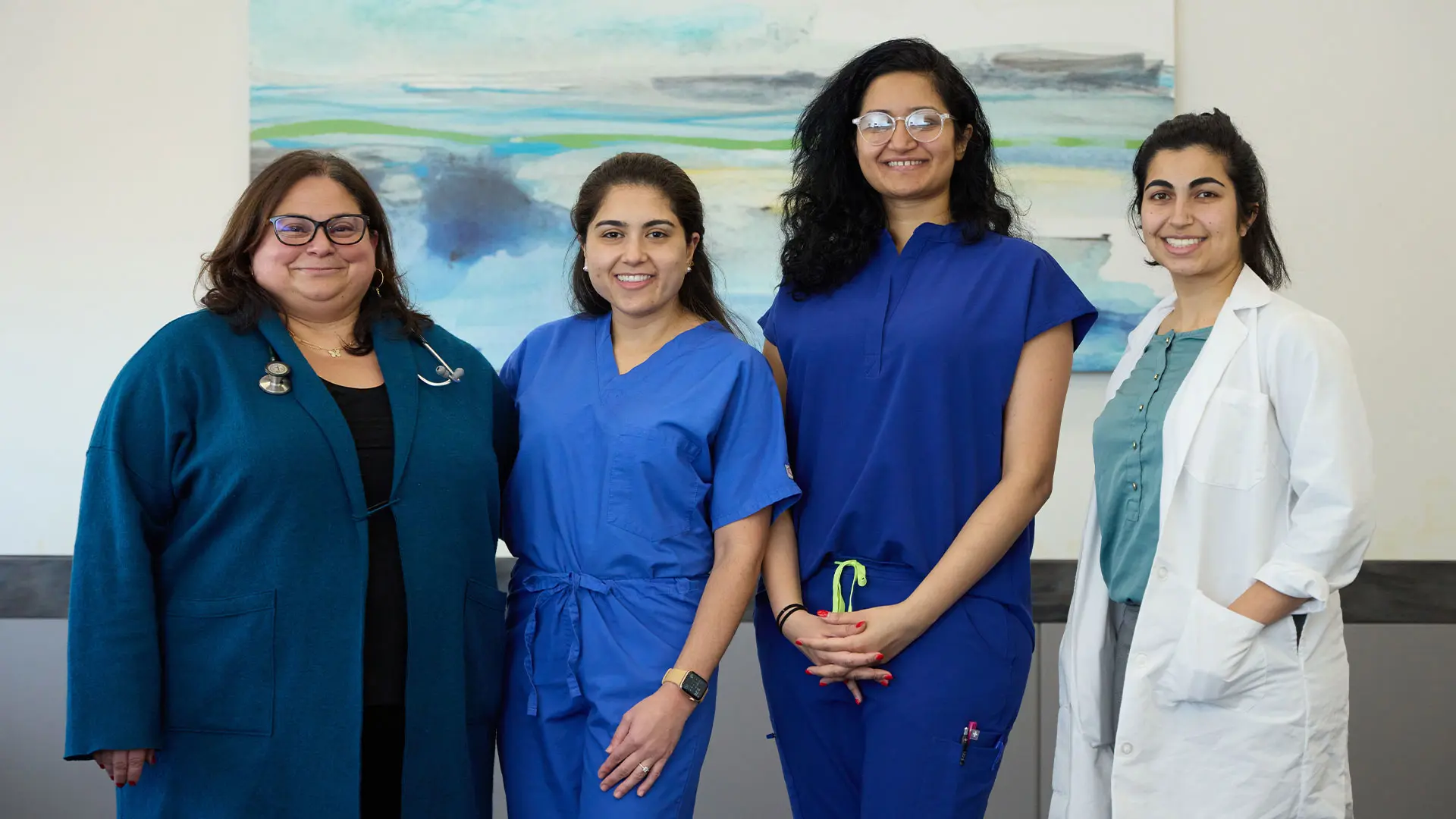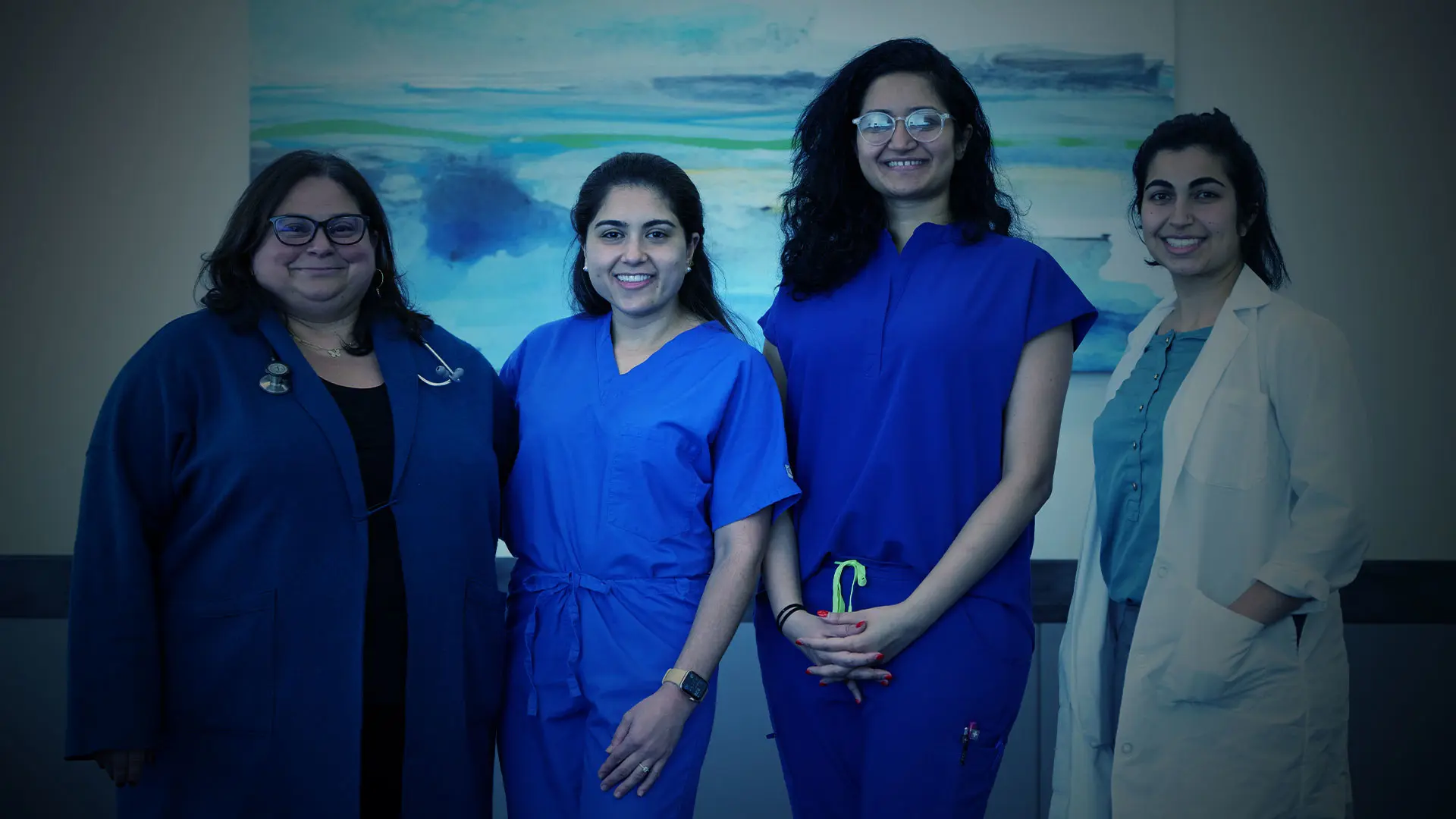When Mount Sinai established the first department of geriatrics in the nation, the Department had five faculty members. Forty years later, the Brookdale Department of Geriatrics and Palliative Medicine at the Icahn School of Medicine at Mount Sinai, with a faculty of 75, has transformed medical training and created a national model emulated by other institutions. The robust fellowship program trains 32 fellows across seven Mount Sinai hospitals. It is the largest geriatrics and palliative medicine training program in the United States, having trained one in five specialists across the country.
Initially, the educational focus was on training young doctors to be geriatricians and palliative medicine specialists at Mount Sinai. More recently, to address a national workforce shortage created by the exponential growth in the aging population, the focus has shifted to broader-based training programs that can be replicated at hospitals across the country.
Mount Sinai fellowships also focus on leadership skills that make an impact by changing the health care system to be more responsive to the needs of older adults and persons with serious illness. In addition to medical training, fellows receive training in areas not typically taught in medical school, including management, accounting, and leadership skills they will need as they assume leadership positions, such as running a department, health system, or quality improvement program.

Rosanne M. Leipzig, MD, PhD, Vice Chair Emeritx of Education and Professor of Geriatrics and Palliative Medicine
“We are creating the next generation of leaders in geriatrics and palliative care,” says Rosanne M. Leipzig, MD, PhD, Vice Chair Emeritx of Education and Professor of Geriatrics and Palliative Medicine.
A groundbreaking innovation has been to introduce geriatrics and palliative medicine training to medical students as early as possible.
“We’ve tried to influence medical school curriculum from Day One to make sure we are integrating principles of both geriatrics and palliative care earlier in the curriculum,” says Helen M. Fernandez, MD, Vice Chair of Education and Professor of Geriatrics. “It’s not that everyone will go into geriatrics or palliative care, but they’ll carry these skills and this approach into whatever specialty they go into.”
On the other side of the career continuum, Mount Sinai recently introduced a Mid-Career Hospice and Palliative Care Medical Fellowship for board certified physicians in internal, emergency, or family medicine, who want additional training in palliative care to complement their skills. Mid-career fellows spend approximately 20 percent of their time in training while simultaneously carrying out their existing clinical and professional roles and responsibilities.

Helen M. Fernandez, MD, Vice Chair of Education and Professor of Geriatrics, with geriatrics and palliative medicine trainees
“We see mid-career physicians as an important untapped group of potential future specialists,” says Mollie Biewald, MD, Professor, Geriatrics and Palliative Medicine, and Associate Deputy Director of Palliative Medicine Fellowship Training.
The first geriatrics fellows in the 1980s trained at Mount Sinai for six months, followed by six months at the New Jewish Home, a Mount Sinai-affiliated skilled nursing facility in Manhattan for older adults. Since then, the program has expanded to create clinical models of care that meet patients where they are, rather than requiring patients to visit doctors. Doctors are trained to treat patients in diverse environments, including ambulatory clinics, nursing homes, and in patients’ own homes through telehealth visits or the Mount Sinai Visiting Doctors Program, one of the largest home-visit programs in the nation.
In 2019, Mount Sinai piloted an integrated residency fellowship program for doctors training in internal family medicine who have a clinical interest in geriatrics. They begin rotations with geriatrics mentors from the outset of their residency training.
The Brookdale Department offers eight fellowship training programs.
“We’re always looking for different ways to train leaders, and this combined program, which we’re helping to disseminate to other health systems, is an innovative model that brings more doctors into the fold who will touch a lot more people,” says Dr. Fernandez.
Since the early days of fellowship training, there also has been an emphasis on research that informs the creation of models of care that serve the growing population of older adults. For example, much research has been done to study caregiver support, both family and paid caregivers, and to put systems in place that address home health needs.
